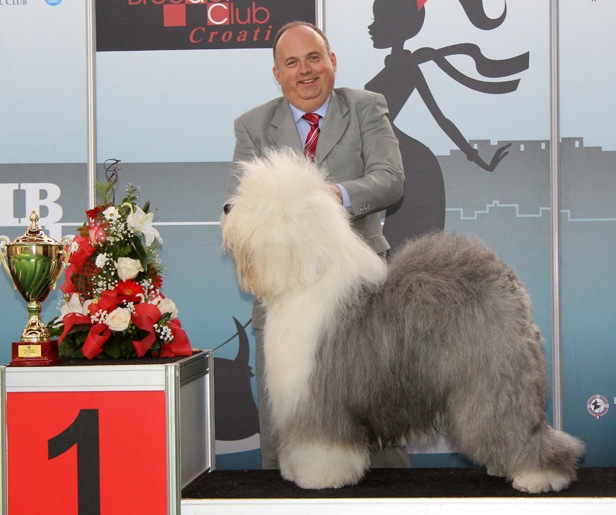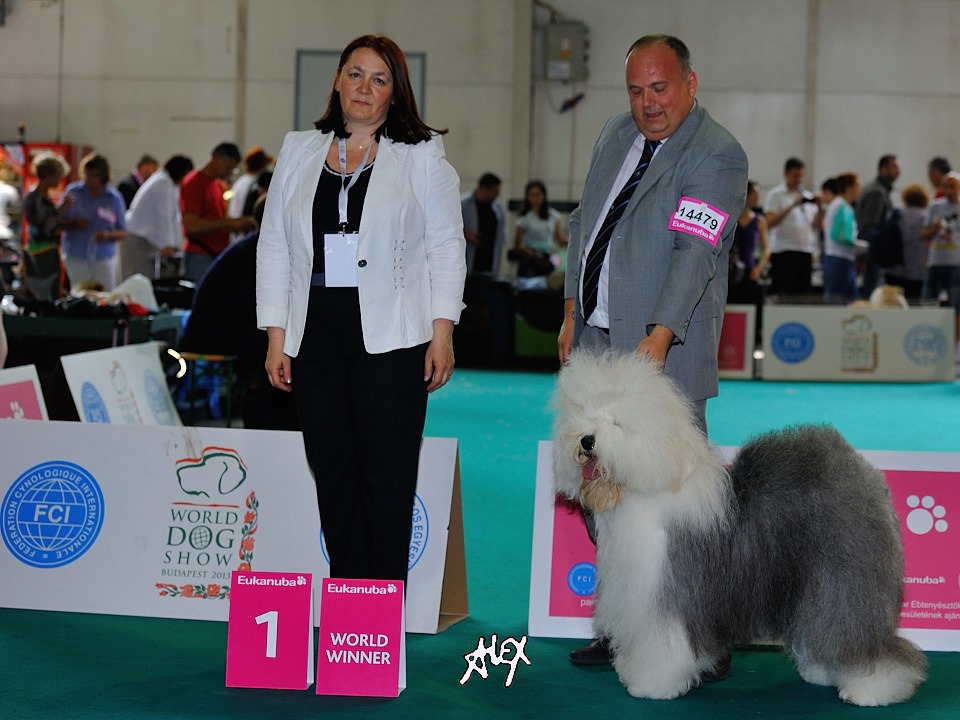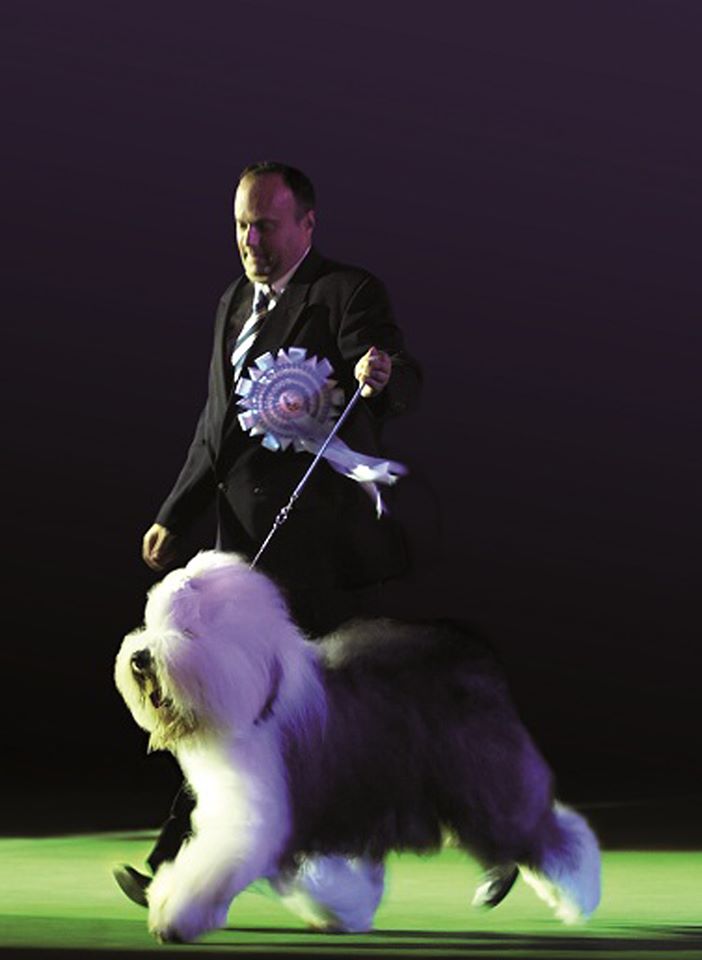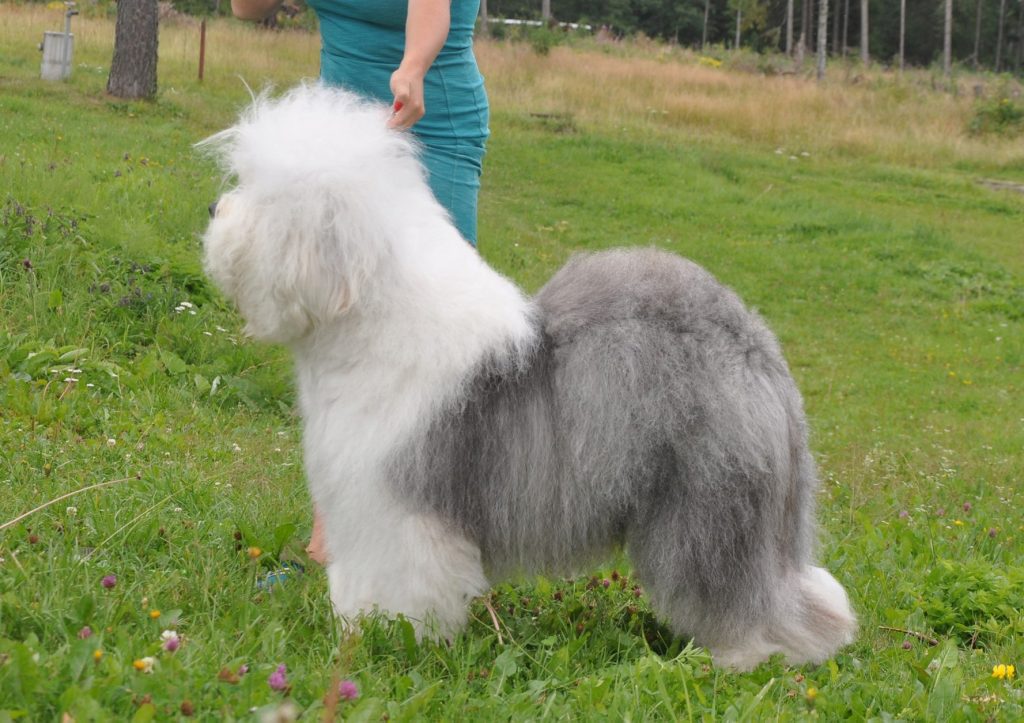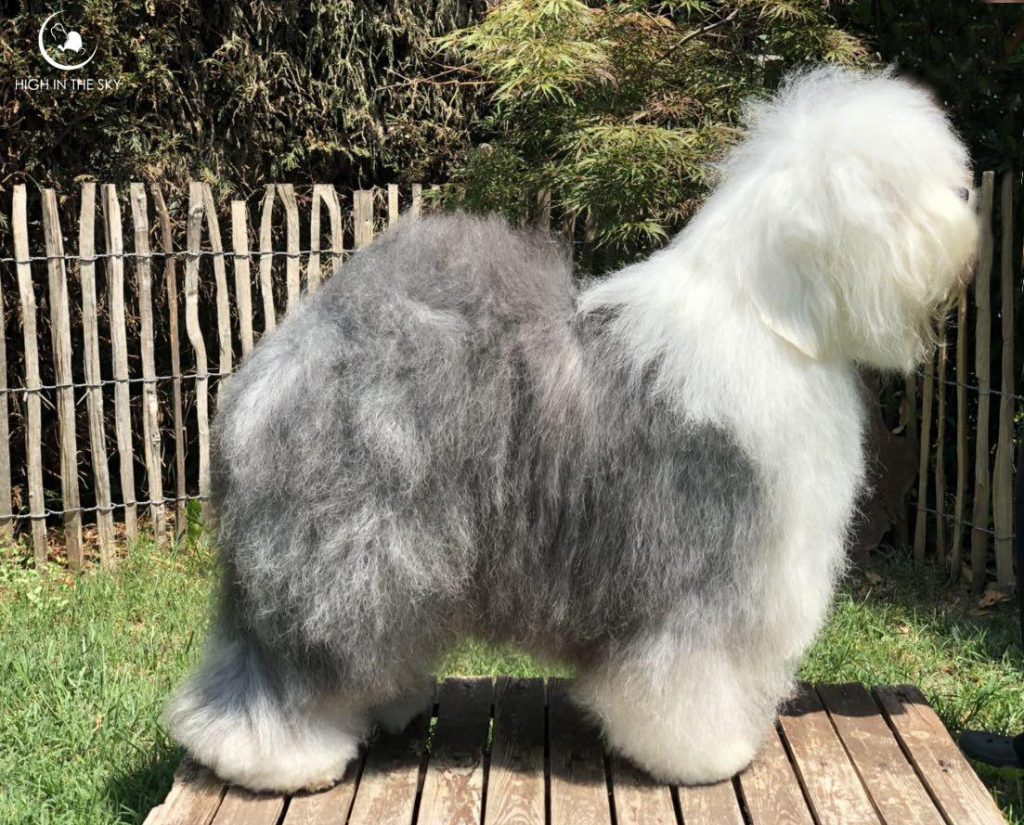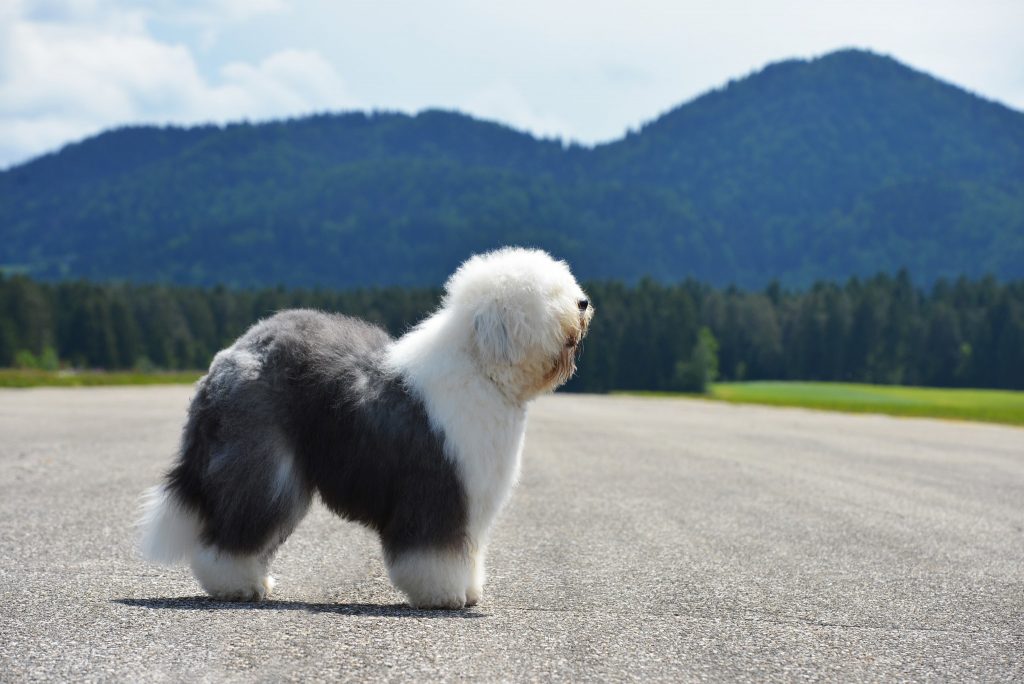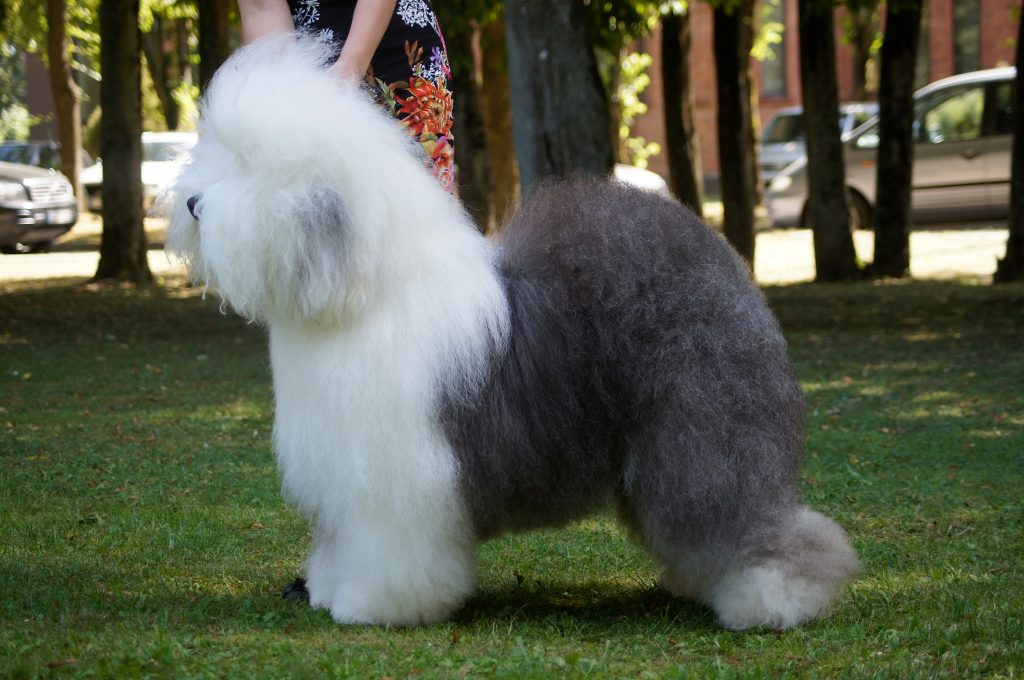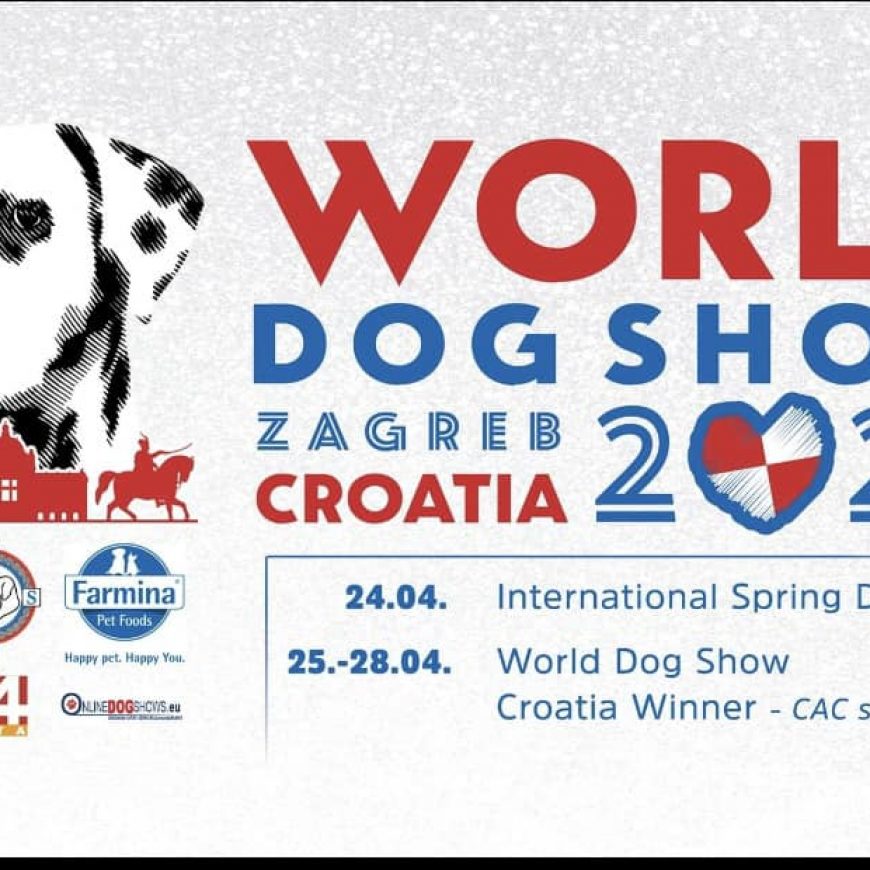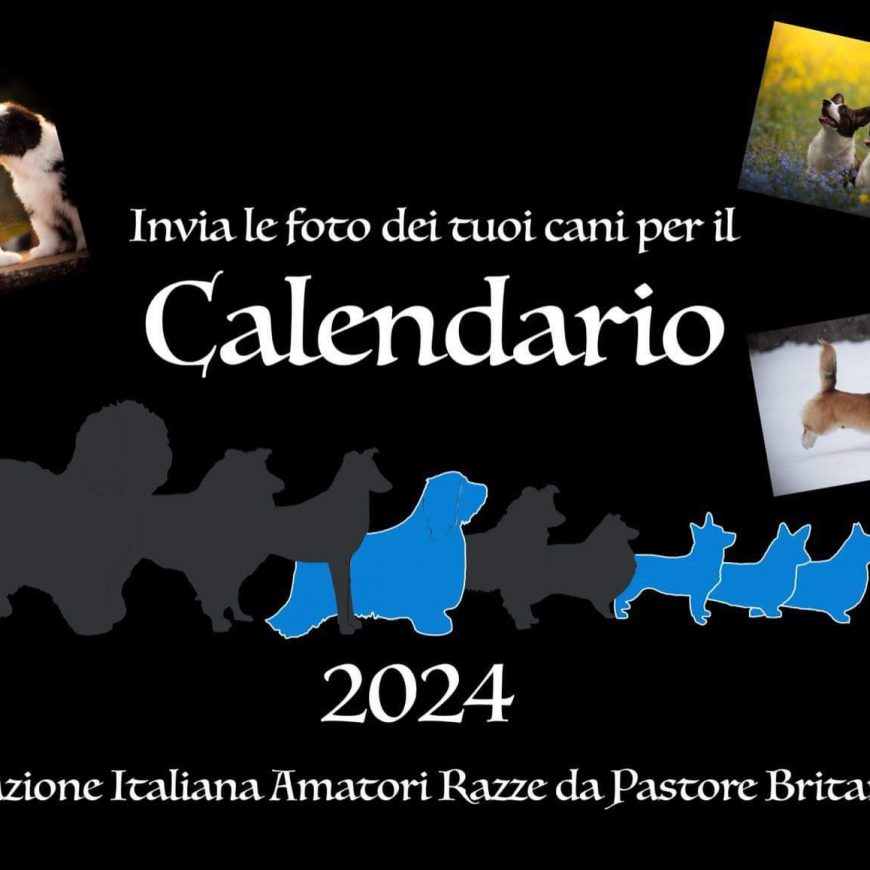Questa settimana per l’intervista abbiamo il piacere di ospitare Davor Javor co-titolare insieme alla moglie Andrea dell’Allevamento Reata (Old English Sheepdog) Croazia oltre che essere Giudice Internazionale All Rounder.
1) Tell us about you, how long have you had and bred Old English Sheepdog?
We bought our first OES in 1985
2) What are, according to you, the most important points in the OES standard?
Type, like in any other breed, and then soundness. I can’t say this is more important then that as everything is important! And everything makes type. I really like good and typical movers, good movement summarize so many things!
3) What are the qualities you look for when breeding?
The same qualities I am looking for when I am judging. Many times I have used for a stud dogs that have won under me. So, dogs as close to the standard as possible. Of course I pay a lot of attention to find male suitable to particular female to improve some faults even sometimes I am happy if I don’t ruin anything!
4) You need to choose a puppy to keep, what do you look for when you make this choice?
Again, as close to the standard as possible! At the same time I try to avoid pups with the same faults that has sire or dam because if you have the same fault 2 or 3 generations it is very difficult to breed it out. Selecting puppy is much more difficult then judging adults!
5) When mateing your bitches, what are you looking for in the future stud?
Allways trying to improve something, to add some virtues and to avoid repeating faults. Trying to find suitable male for this particular bitch. Breeding good dogs is not “one size fits all”, you have to know your bitch and find suitable stud dog.
6) In your opinion what is the current situation with the breed in UK and Overseas?
I haven’t been to UK for some time but from what I can see not many reason to be very excited. First 5 places in the Open Class at Crufts this year went to non UK bred dogs, that speaks for itself. In my opinion the situation in the USA is better. But I have to say here that UK changed the standard many years ago and practically they excluded dogs with splashes from breeding and showing. That was terribly wrong. US breeders are selecting the best pups while UK breeders are selecting the best “correctly marked” puppy. Huge difference.
7) Do you reckon there are particular problems in the breed that you feel should be kept at close sight?
OES is becoming a rare breed and that is a real issue. Many reasons for that but I think that the major one is coat or better to say too much coat. There are no many people who can deal with that much coat today so popularity is going down. I think overgrooming is a big problem today and it has to be addressed.
8) Which are the show results you are most proud of, and your most precious memories?
Many great results and many great memories. For sure RBIS at the European Show is one of them, BISS at Euro OES as well, World and European Champions, American Champions etc etc. I was really delighted when our bitch won BIS in Canada, over top Canadian dogs, from the classes! #1 All breeds in Croatia was fantastic result. Many great results and big thanks to the owners of our pups who make every weekend a great one!
9) What advise would you give to a newcomer to the breed who would like to buy a puppy? And to the newcomer who would like to start breeding?
A lot of investigation to find a right breeder and then don’t ask about 2 things: when and how much! Good puppy can save you 10 or 20 years of breeding if you are lucky. Major advise is to find a mentor.
10) Which are the major faults you see today in the breed?
Unsound dogs, poor movers, necks and shoulders
1) Raccontaci di te, da quanto tempo allevi gli Old English Sheepdog?
Abbiamo acquistato il nostro primo OES nel 1985
2) Quali sono secondo te i punti più importanti dello standard OES?
Il Tipo, come in qualsiasi altra razza, e poi la solidità. Non posso dire che ci sia qualcosa più importante di così, dato che tutto è importante! E tutto fa il tipo. Mi piacciono molto i movimenti tipici, i buoni movimenti riassumono così tante cose!
3) Quali sono le qualità che cerchi nella riproduzione?
Le stesse qualità che cerco quando giudico. Molte volte ho usato uno stallone che ho fatto vincere. Quindi, i cani il più vicino possibile allo standard. Ovviamente pongo molta attenzione a trovare un maschio adatto a una particolare femmina per migliorare alcuni difetti anche se a volte sono felice se non rovino nulla!
4) Devi scegliere un cucciolo da tenere, cosa cerchi quando fai questa scelta?
Ancora una volta, il più vicino possibile allo standard! Allo stesso tempo, provo a evitare i cuccioli con gli stessi difetti che hanno il padre o la madre perché se hai lo stesso difetto per 2 o 3 generazioni è molto difficile allevare. Selezionare un cucciolo è molto più difficile che giudicare gli adulti!
5) Quando accoppi le tue femmine, cosa stai cercando nel futuro stallone?
Sempre cercare di migliorare qualcosa, aggiungere alcune virtù ed evitare di ripetere i difetti. Cercare di trovare un maschio adatto per questa femmina in particolare. Allevare buoni cani non è “una taglia si adatta a tutti”, devi conoscere la tua femmina e trovare uno stallone adatto.
6) Secondo te qual è la situazione attuale della razza nel Regno Unito ed all’estero?
Non sono stato nel Regno Unito da un po ‘di tempo, ma da quello che vedo non ci sono molte ragioni per essere molto eccitati. I primi 5 posti nella Open Class al Crufts quest’anno sono stati assegnati a cani di razza non britannica, questo parla da solo. Secondo me la situazione negli Stati Uniti è migliore. Ma devo dire qui che il Regno Unito ha cambiato lo standard molti anni fa e praticamente hanno escluso i cani con macchie dall’allevamento e dagli show. Era terribilmente sbagliato. Gli allevatori statunitensi stanno selezionando i migliori cuccioli mentre gli allevatori del Regno Unito stanno selezionando il miglior cucciolo “correttamente contrassegnato”. Differenza enorme.
7) Ritieni che ci siano problemi particolari nella razza che ritieni debbano essere tenuti sotto controllo?
L’OES sta diventando una razza rara e questo è un vero problema. Ci sono molte ragioni per questo, ma penso che quello principale sia il pelo o meglio dire il troppo pelo. Non ci sono molte persone che possono affrontare quel pelo oggi, quindi la popolarità sta diminuendo. Penso che la cura eccessiva sia un grosso problema oggi e debba essere affrontata.
8) Quali sono i risultati degli Show di cui sei più orgoglioso ed i tuoi ricordi più preziosi?
Molti grandi risultati e tanti bei ricordi. Sicuramente RBIS all’European Show è uno di questi, BISS anche all’Euro OES, Campioni del mondo ed europei, Campioni americani ecc. ecc. Sono stato davvero felice quando la nostra cagna ha vinto il BIS in Canada, con i migliori cani canadesi, dalle classi! #1 All breeds in Croaziaè stato un risultato fantastico. Tanti grandi risultati e grandi ringraziamenti ai proprietari dei nostri cuccioli che rendono ogni fine settimana fantastico!
9) Che consiglio daresti a un nuovo arrivato della razza che vorrebbe comprare un cucciolo? E per il nuovo arrivato che vorrebbe iniziare l’allevamento?
Molte indagini per trovare un allevatore giusto e dopo non chiedere 2 cose: quando e quanto! Un buon cucciolo può risparmiarti 10 o 20 anni di allevamento se sei fortunato. Un consiglio importante è di trovare un mentore.
10) Quali sono i principali difetti che vedi oggi nella razza?
Cani non sani, scarso movimento, colli e spalle

